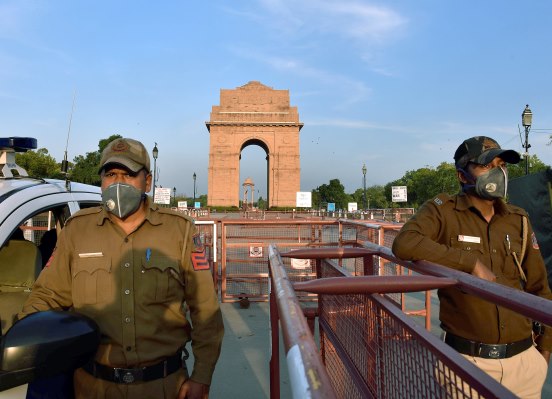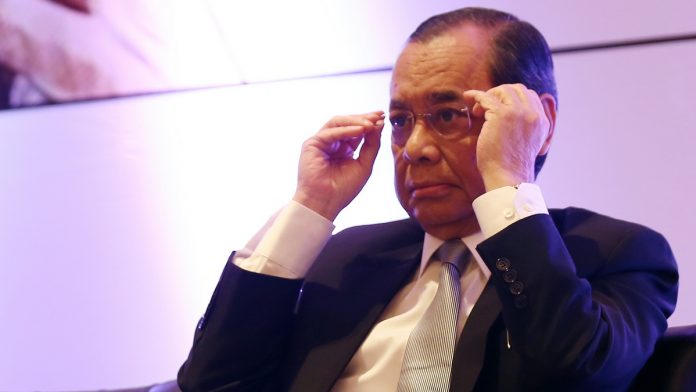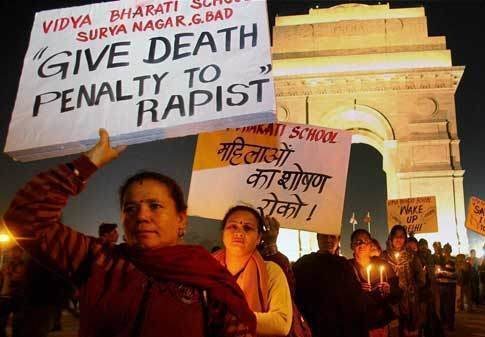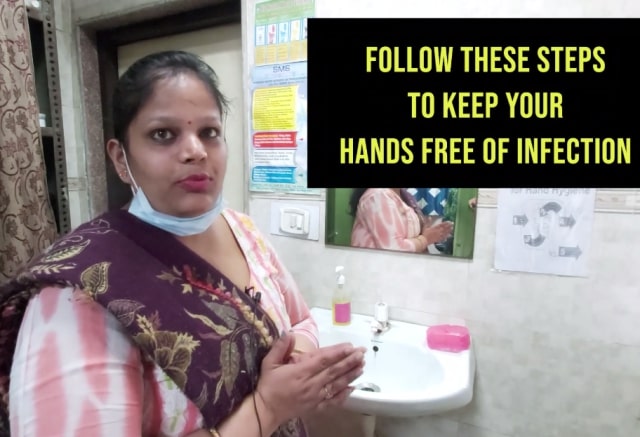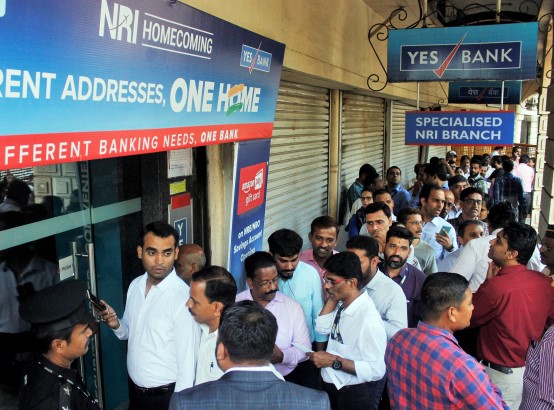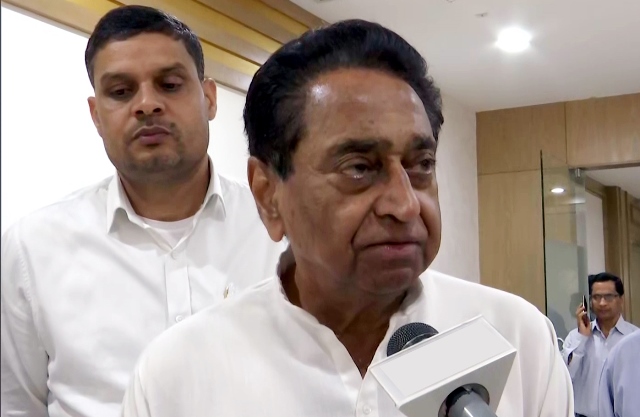The Supreme Court’s judgement last month, validating
the Uttarakhand government’s
decision to fill up posts without providing reservation to SC/STs
in government jobs, has sparked off a debate on the bench’s judicial
prudence. This is probably ‘reservation’ is a subject which draws strong
arguments both in favour and against the subject. While it is understood that
communities in India which are backward and do not have adequate representation
in public jobs require handholding, it cannot be taken as a right for demanding
jobs, much less promotions, from the state.
There are clearly laid down judgements
which say that the state is not obliged to give reservations to people from the
scheduled caste and scheduled tribes in matters of jobs and promotions and the February
judgement by a division bench of Justice L. Nageswara Rao and Justice Hemant
Gupta only furthers the argument.
The verdict was pronounced in Mukesh Kumar & Anr vs The State of Uttarakhand and Ors. The case is related to appeals seeking reservations to Scheduled Castes and Scheduled Tribes in promotions in the posts of Assistant Engineer (Civil) in Public Works Department, Government of Uttarakhand.
The apex court set aside a High Court of
Uttarakhand order, where among other things the High Court had directed the
state government to collect data regarding the adequacy or inadequacy of
representation of Scheduled castes and Scheduled Tribes. The court had then
directed that the state’s decision whether to give reservation or not, ought to
be backed by the data. It had also directed the government of Uttarakhand to
reserve the post of Assistant Engineer (Civil) for scheduled caste and
scheduled tribe candidates.
The idea of reservation in promotion is
fundamentally flawed. One cannot claim a right to reservation at every step of
the ladder. This cannot go on, in perpetuity. It is still okay at the time of
appointment to the government job, but to expect reservation in promotions
tantamount to encroachment on the rights of other individuals. It violates the
right to equality granted by the constitution under Article 14.
The apex court rightly upheld the right of
the state to choose if it wants to give reservations to the members of the
Scheduled Caste and Scheduled Tribe communities, whether or not they are
adequately represented in matters related to jobs in government departments.
In doing so, the bench also said in no
uncertain terms that it was not mandatory for the state government to collect
quantifiable data to indicate if the members of the Scheduled Caste and
Scheduled Tribe communities were adequately represented or not.
On the contrary, if the state chooses to give reservation to individual/s in government jobs, the state concerned shall have to place before the Court, the requisite quantifiable data and satisfy it (Court) that such reservations became necessary on account of inadequacy of representation of Scheduled Castes and Scheduled Tribes in a particular class or classes of posts, without affecting general efficiency of administration as mandated by Article 335 of the Constitution.
This Supreme Court ruling is important on
two counts – not only does it defend the right of the government to choose if it
wants to give reservation and who to give, it also ensures that the government
appointment does not become arbitrary and whimsical. The ruling makes it
incumbent upon the government to back the appointment with solid data.
The apex court further made it clear that
no court could issue a direction to any state government to provide
reservation, upholding the laid down law in the C.A. Rajendran (supra) and Suresh Chand Gautam (supra) judgement.
The judgement makes distinction between a court’s authority to interfere with a
policy decision and issuing orders to make a policy in a particular way.
In the 23-page order, the apex court also
set aside high court’s direction to the government to reserve the post of Assistant
Engineer (Civil) for scheduled caste and scheduled tribe candidates. The high
court’s assertions were not only erroneous but sans logic.
The ruling will bring more transparency in
government appointments and also ensure merit takes precedence over privileges.
The top court also ruled that Article
16(4) and 16 (4A) of the Indian Constitution cannot be used as a recourse by
appellants to demand reservations in government jobs and promotions calling
them as “enabling provisions”.
Article 16(4) and 16(4A) allows a State to
provide reservations to a SC/ST in matters of appointment in government jobs
and promotions, as long as the State believes that the SC/ST is not adequately represented
in government services.
The appellants, under the said provisions
in law, argued that the state was obliged to give reservations in promotions
for the upliftment of the members of the Scheduled Caste and Scheduled Tribe
categories – a point rejected by the top court.
All citizens are equal before the law
irrespective of the category one belongs to – general or reserved. At no point
can a privilege of one (reservation in promotions) encroach upon the right of
the other which is “equality” in matters of appointments and promotion in
government jobs.
By dismissing the appeal, the Supreme
Court in its wisdom, once again stood for equality and justice as envisioned in
Article 16(1), which calls for equal opportunity for all citizens of India in
matters relating to employment or appointment to any office under the State.
The government should examine promotion or
employment on a case-to-case basis as one size fits all strategy cannot be
applied everywhere and there are sections which need support and initial
handholding. But, a State reserves the right to decide if it wants to give
employment or promotion to an individual. Any attempt to quell it, will not
withstand the judicial scrutiny and be quashed, as has been demonstrated in
this case.
